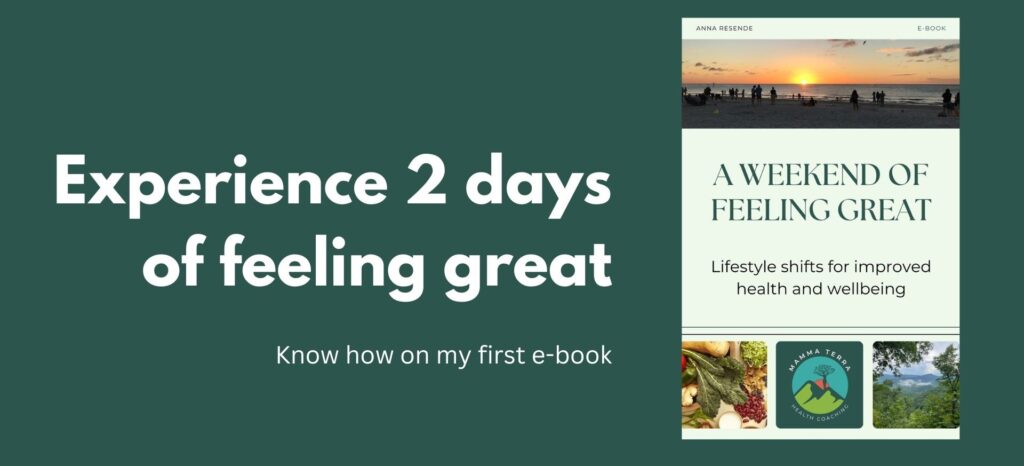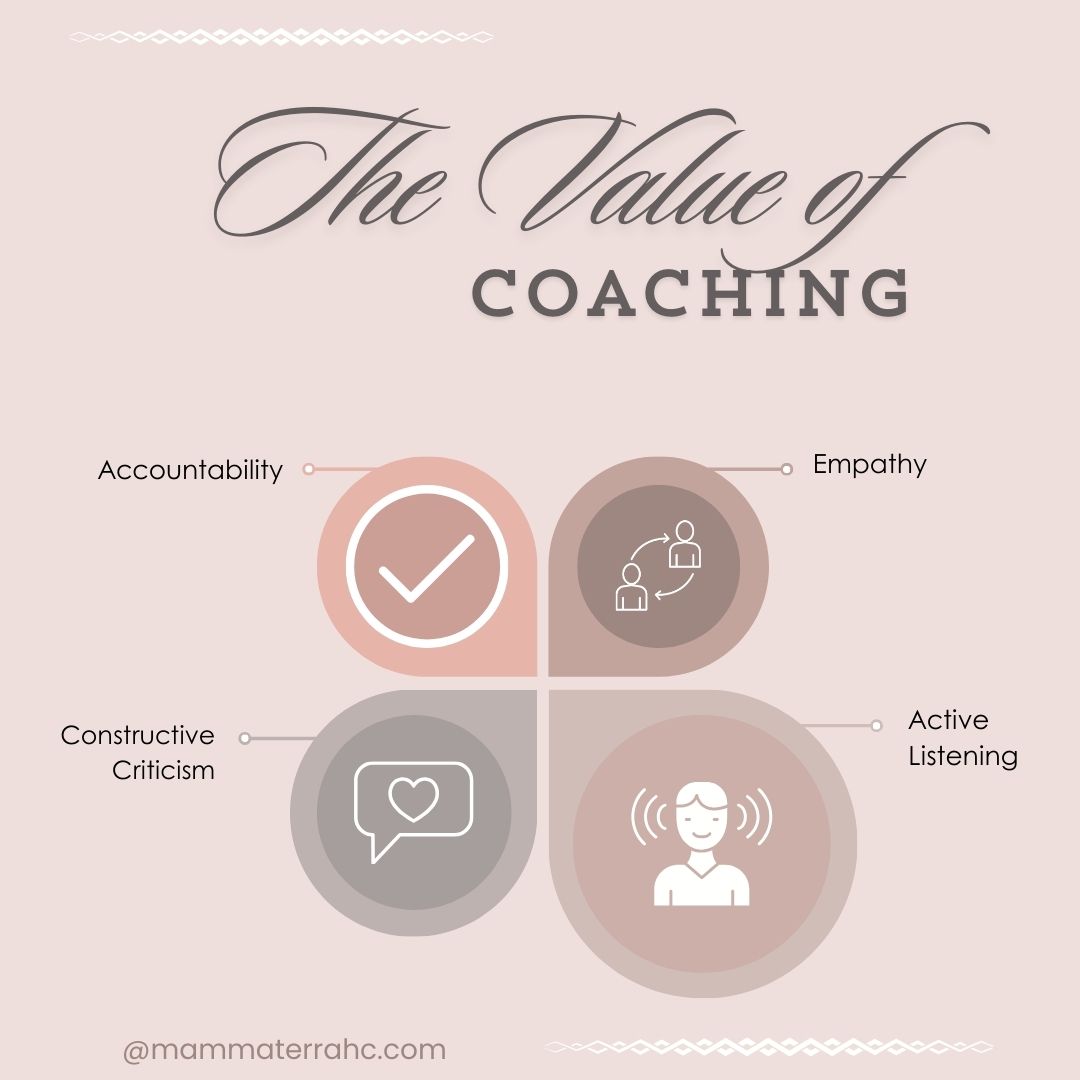Do We Really Need Drugs?
You probably know by now that I’m not a big fan of drugs. I’ll keep saying that our bodies were made to heal and regulate themselves and that we should use food as medicine. This mindset is even more important as we age. Otherwise, we’ll have to use those little medication boxes to help us manage our prescriptions. In this post, I’m talking about cholesterol-control drugs because 22% of Americans 45 and older make use of those pills.
Cholesterol Control
Since my early 20s, I have been listening to my father-in-law’s struggles with cholesterol levels. He cut down fats for a while and has been taking statin for a number of years. Yet, his cholesterol levels are consistently high. Statin drugs should lower your cholesterol and supposedly reduce your risk of cardiovascular disease, heart attack, and stroke. However, they don’t always work, case in point my father-in-law.
What Are Statin Drugs?
Statins are the most commonly prescribed pharmaceutical drugs in the world. Their job is to lower low-density lipoprotein (LDL), or bad cholesterol. According to Dr. David Jockers, there are seven types of FDA-approved statin drugs available on the market. They include Lipitor, Pravachol, Zocor, Livalo, Nikita, Altoprev, Mevacor, and Crestor.
Dr. Jockers is a doctor of natural medicine and specializes in functional nutrition and natural health strategies. He is the founder of DrJockers.com, a website designed to empower people with science-based solutions to improve their health.
How Do Statin Drugs Work?
Statin drugs block the activity of the specific liver enzyme, HMG CoA Reductase, which is in charge of all cholesterol production. Statin also reduces the production of Coenzyme Q10 which is necessary for cellular energy production and acts as an antioxidant. The general theory is that if you have too much cholesterol in your blood, it can result in plaque buildup on the artery walls, which can lead to the narrowing or hardening of your arteries. Consequently, it will increase the risk of blood clots, heart disease, heart attacks, and stroke. But is this theory true?
Role of Lipids
After years of being considered a villain, recent studies show that the “bad” cholesterol plays an important role in our metabolism – being essential for cellular function. The primary job of low-density lipoprotein (LDL) is to transport cholesterol and fat-soluble nutrients, like vitamins A, D, K, and E, into the cell membrane. It also makes important hormones like testosterone, estrogen, and progesterone. As the brain is 60% fat, 30% of which is cholesterol, low levels of this lipid lead to fatigue, weakness, brain problems, and degenerative diseases. The ideal LDL Range is 100–200 mg/dL.
HDL cholesterol, aka good cholesterol, helps to clean up LDL particles and take them to the liver for recycling. If LDL stays in your bloodstream for too long, it increases the risk of chronic inflammation and heart disease. The ideal HDL Range is 55 – 80 mg/dl.
Triglycerides are a type of lipid that helps to supply your body with energy. The ideal Triglyceride Range is 40 – 80 mg/dL.
According to Dr. Jockers, the most important thing to look for in your lipid panel is a balanced ratio of LDL and HDL cholesterol and triglycerides to HDL ratio. Normal LDL/HDL Ratio is 3:1 or less (2:1 is ideal). Normal Triglyceride/ HDL Ratio is 2:1 or less (1:1 is ideal). If your ratios are good your total cholesterol will be considered harmless below 300 mg/dL.
Are Statin Drugs Effective?
A 2017 meta-analysis of 26 randomized trials, that was published in the Lancet, found that statin drugs can decrease mortality by 10 percent. However, if you look at the trials closer, the mortality rates went from 2.3 to 2.1 percent resulting in only a 0.2 percent absolute risk reduction. These statistics are only true for high-risk individuals, middle-aged men who have already had at least one heart attack. Looking at vascular-related death, statin drugs only decreased death from 1.3 to 1.2 percent. That means 98.2 out of 100 high-risk people will not see any heart health benefits from statin drugs.
There is currently not much evidence that statin drugs can benefit men without pre-existing heart disease. There is also no evidence that they can help women with or without a heart condition.
Side Effects
A 2019 study published in Diabetes Metabolism found that statin drugs can double your risk of diabetes. Your risks are the highest if you’ve been taking them for 2 years or longer. Another 2019 study published in the British Journal of Clinical Pharmacology found that statin drugs can also increase the risk of staph skin infections by 40 percent. They found similar rates of skin infections in those with and without diabetes, which suggests that the infections were not only a complication of diabetes but a side effect of the drugs.
More Side Effects
Other common statin side effects are headaches, drowsiness, high blood sugar levels, dizziness, muscle aches and weakness, digestive problems, difficulty sleeping, skin flushing and rashes, and low platelet levels. Coincidence or not my father-in-law has been suffering from psoriasis for at least two decades. Less Common side effects may include hair loss, tingling, numbness, pins and needles feeling on your skin, liver and pancreatic inflammation, erectile dysfunction, low sex drive, memory loss or confusion, and even neuropathy.
Risk Factors
Besides the extensive list of side effects, there are certain risk factors that can increase your probability of suffering collateral effects from statin drugs. If you are a woman, 65 or older, have a small body frame, drink alcohol, have liver or kidney disease, and have Vitamin D deficiency you will most likely develop side effects symptoms. All this is enough information for me to make my choice of never relying on medication to control my health. But if you want to dive deeper, I invite you to read the full, comprehensive article from Dr. Jockers.
Natural Approach
How can we deal with cholesterol without drugs then? An anti-inflammatory nutrient-dense, real-food diet is going to be the general recommendation. Cutting out refined sugar, refined oils, gluten, factory-farmed meat, eggs and dairy, and processed food in general will benefit your health above and beyond your cholesterol levels.
A diet rich in leafy greens, vegetables, fruits, herbs, spices, fermented foods, legumes, nuts, and seeds is just an ideal way to use food as medicine. Keep in mind that nature does not make bad fats, factories do. Besides, there are no side effects of eating real food!
If you opt for animal products look for grass-fed beef, grass-fed butter and ghee, pasture-raised poultry and eggs, wild-caught fish, and seafood.
Choose organic food whenever possible and available to you. If you are unable to afford organic options, follow the rule of the dirty dozen and clean fifteen provided by EWG.
Remember: Good is what makes you feel well!
Anna.
Read more about why eating organic matters in Regenerative Agriculture.

Anna Resende
Integrative Nutrition Health Coach
Certified by IIN - Institute for Integrative Nutrition
Every week I send out my newsletter called Mamma’s Tips where I share health and wellness topics, good books, recipes, and more.
Click below to subscribe!
I’m excited to share that I just published my first e-book
A Weekend of Feeling Great!

In this book, you’ll find all the steps you can take to feel great. Besides all the foundational principles of multidimensional health, it has a sample of a productive daily routine and a two-day menu with 10 healthy recipes for you to try.




